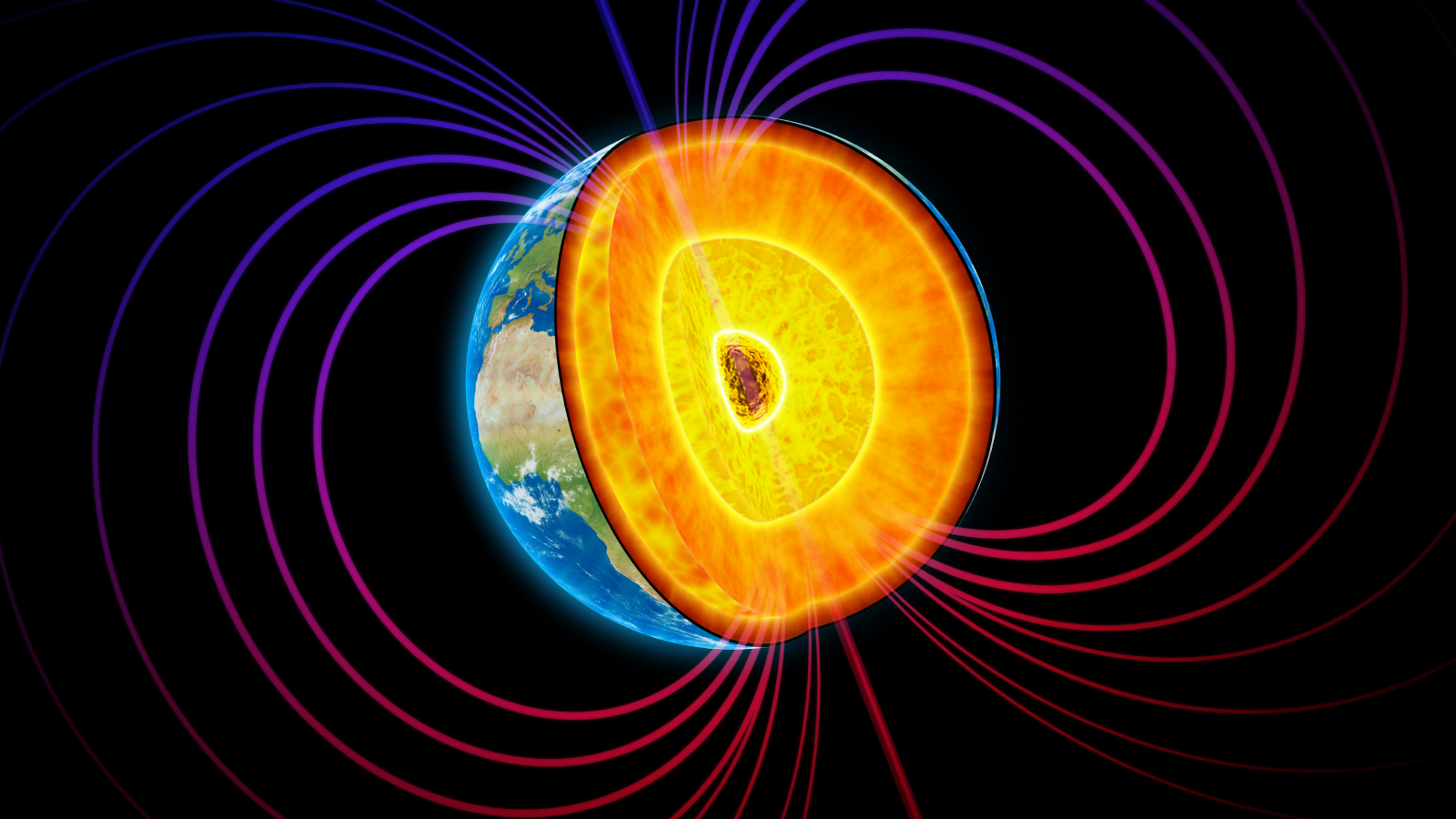Sustainability, Vol. 15, Pages 5006: Energy Charter Treaty: Towards a New Interpretation in the Light of Paris Agreement and Human Rights
Sustainability doi: 10.3390/su15065006
Authors: Felix Ekardt Paula Roos Marie Bärenwaldt Lea Nesselhauf
In addition to climate change, the current war in Ukraine has highlighted the urgency of a rapid transformation to post-fossility. This paper analyses the much-lamented negative climate policy and energy transition impacts of the Energy Charter Treaty (ECT) in international law, a treaty that serves as a basis for the compensation claims of fossil fuel companies in response to losses incurred because of climate policy measures. Methodologically, a legal interpretation is conducted, i.e., the ECT is interpreted grammatically and systematically. It is shown that, with a revised legal interpretation of the ECT, such claims usually cannot be upheld at all, except in the case of direct expropriations. This is further underlined by a legal interpretation of the ECT based on the Paris Agreement and on international human rights law. Furthermore, even if one were to dispute all of this, there are considerable possibilities by which to exclude claims for compensation retrospectively. The arbitral ECT tribunals would therefore have to dismiss claims and if they do not do so then, for example, EU member states could take action against such verdicts of the arbitral tribunals before the ECJ. Even if all of this was to be disputed, there are also considerable possibilities for the contracting states to subsequently exclude claims for compensation. Nevertheless, there are a lot of arguments in favour of a comprehensive reform of the treaty. However, to do so as currently planned, with transitional periods, is not sufficient.

 1 year ago
31
1 year ago
31


